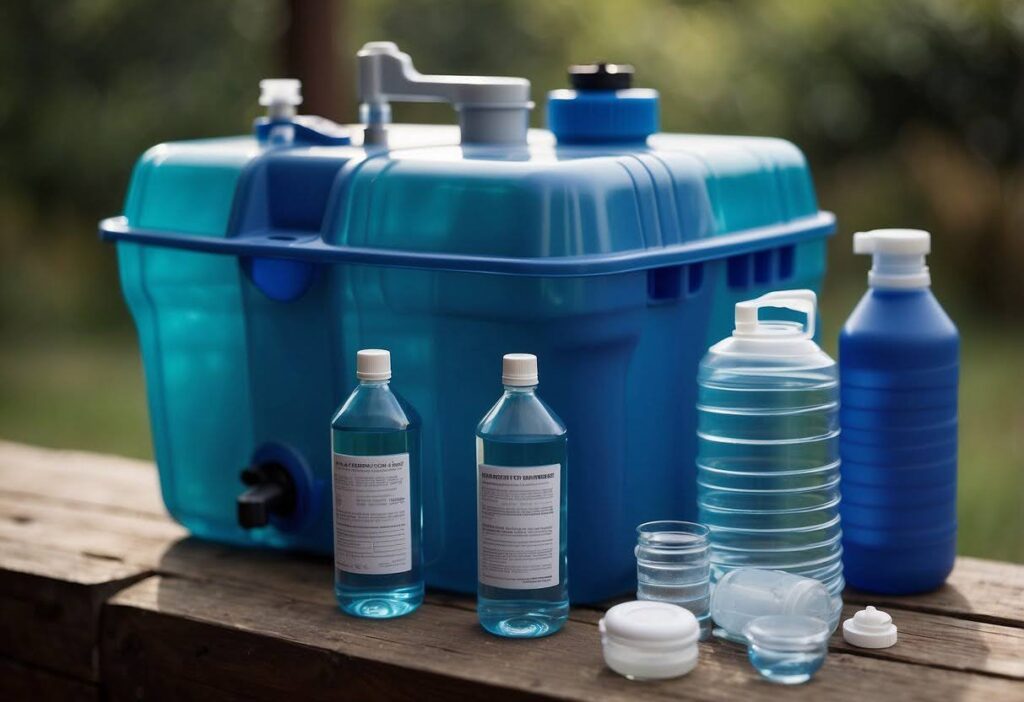Water damage may strike unexpectedly. This can lead to major asset losses, costly repair costs, and even downtime. A burst pipe or flooding can cause water to enter a building, disrupting business continuity. Emergency water removal is critical to minimizing damages and restoring operations as quickly as possible. Learn how emergency water extraction may safeguard companies, reduce losses, and expedite recovery in this article.
The Importance Of Emergency Water Extraction
Water extraction emergency is the process of removing water quickly from a damaged property. Businesses face high risks: machinery, office supplies, important documents, and inventory are all on the line. Moreover, mold growth and structural damage are more likely to occur the longer water remains in the building.
Key Benefits Of Emergency Water Extraction For Businesses
- Preservation Of Assets
Emergency water extraction is a great way to protect your business’s most important assets, including machinery, inventory, and technology. Quick action reduces the cost of replacement and helps to prevent irreversible property damage.
- Minimizing Downtime
Water damage is a common reason for businesses to shut down. Professional water-extracting services will ensure a faster cleanup, allowing businesses to resume operations as soon as possible.
- Prevention Of Secondary Deterioration
Standing water may weaken structural components, encourage mold growth, and even damage electrical systems. Emergency extraction can remove standing water quickly, preventing further degeneration.
- Improved Safety
Water damage is a leading cause of electrical and slipperiness hazards. Emergency extraction services address these issues and ensure a safer environment for staff and customers.
The Emergency Water Extraction Process
Professional emergency extraction services employ a systematic method to reduce water damage.
- Assessment
Experts identify the water source and the appropriate extraction method.
- Water Removal
Professionals use industrial-grade vacuums and pumps to remove standing water as quickly as possible, minimizing damage.
- Drying, Dehumidification
After extraction, specialized equipment is utilized to dry affected areas thoroughly. Dehumidifiers help prevent mold from growing when there is excess moisture.
- Cleaning
Surfaces are cleaned, and materials are disinfected. This ensures a clean and safe environment.
- Monitoring
Technicians measure the amount of moisture in the building to ensure it is completely dry prior to beginning repairs and restoration.
How To Choose The Right Emergency Water Extraction Service?
The following factors should be considered when selecting an emergency water extraction provider:
- 24/7 Accessibility: Water damage can happen anytime. A service provider who offers services around the clock will provide a prompt response.
- Experience: Look for companies with experience and expertise in dealing with commercial water damage.
- High-Tech Equipment: Be sure to check that your provider uses the latest equipment available for efficient water removal and drying.
- Comprehensive Services: Should offer end-to-end solutions such as cleanup, drying, and restoration.
- Insurance Assistance: A reputable firm will assist in documenting and communicating damages with insurance providers.
Steps Businesses Can Take To Prevent Water Damage
While emergency water removal is crucial during a disaster, prevention remains the best strategy. Businesses can minimize the risk of water damage by taking the following steps:
- Regular Maintenence
It is important to inspect the plumbing, roofs, and drain systems regularly to identify potential issues.
- Install Water Detection Devices
Leak detectors will alert you before the problem becomes serious.
- Have an Emergency Response Plan
Develop an emergency response plan outlining the immediate steps and contact information for emergencies.
- Protect Critical Assets
Store valuable equipment, documents, and other items in high-rise areas to keep them safe from possible flooding.
- Ensure Proper Drainage
Clear downspouts and gutters to stop water accumulation.
The Role Of Insurance In Water Damage Recovery
Commercial property policies often cover water damage due to sudden and accidental events. For example, pipe ruptures or storms. However, gradual or negligent damage may not be covered. You should work with your insurer to fully understand the scope of your policy. This will ensure you are adequately protected. Documentation of damages, as well as a professional evaluation by an extraction service that specializes in water damage, can ease the claims process.
Conclusion
Water damage is an important threat to businesses. A professional, swift water extraction in an emergency can help mitigate the effects. By acting fast, businesses can protect valuable assets, minimize downtime, and restore their operations. Taking preventive action can also help reduce the probability of future incidents. This protects businesses from costly disruptions. When your business experiences water damage, partner with a trusted provider of emergency water extraction to ensure resilience and readiness for any challenges.




